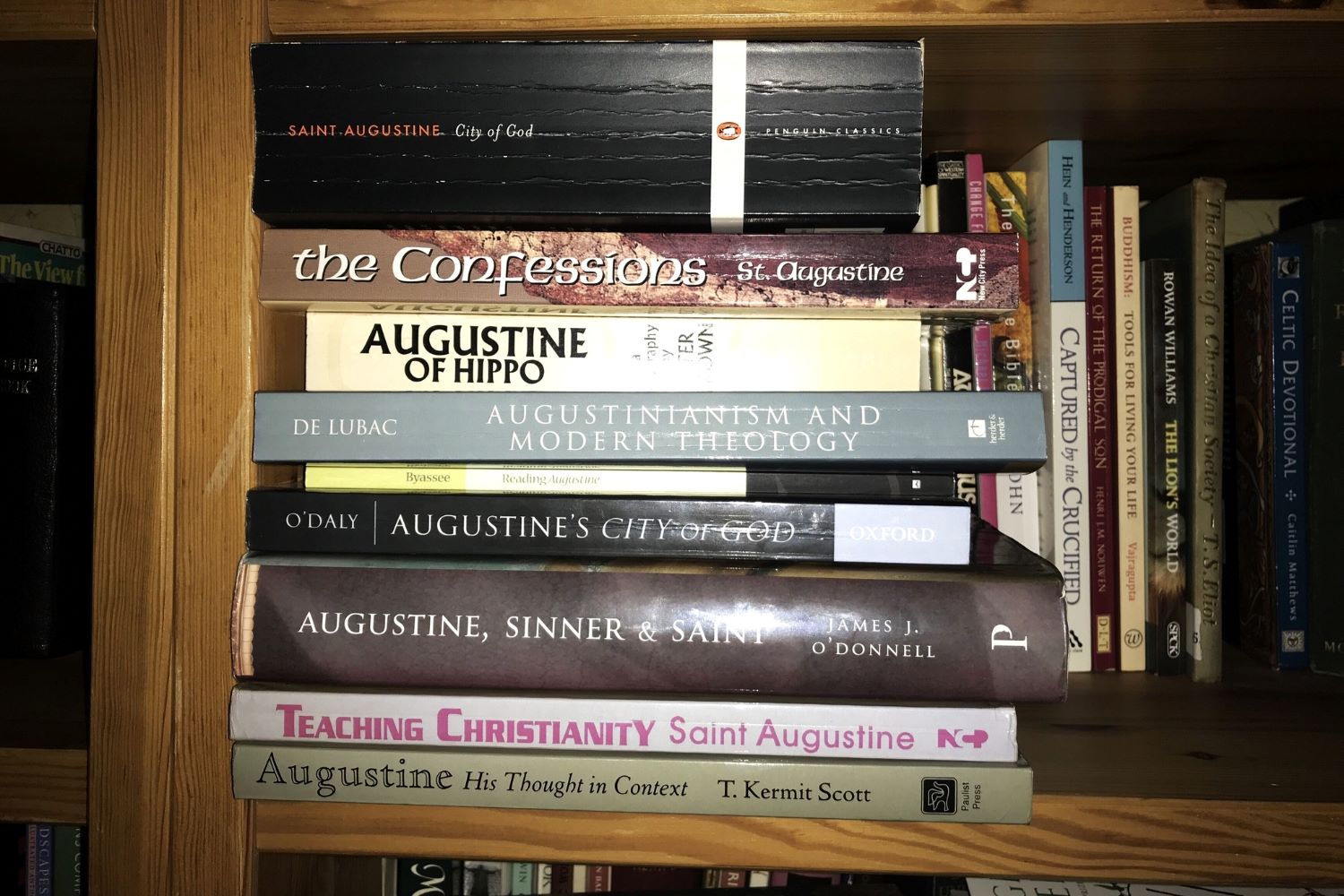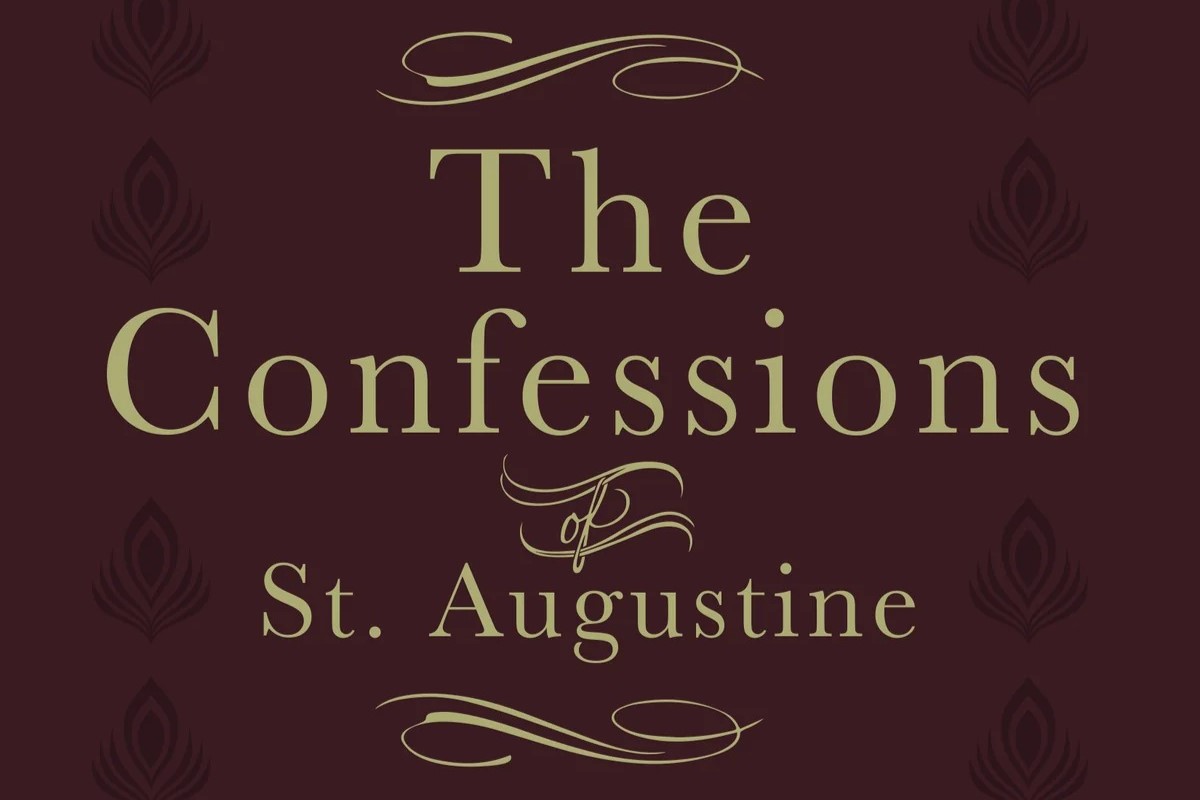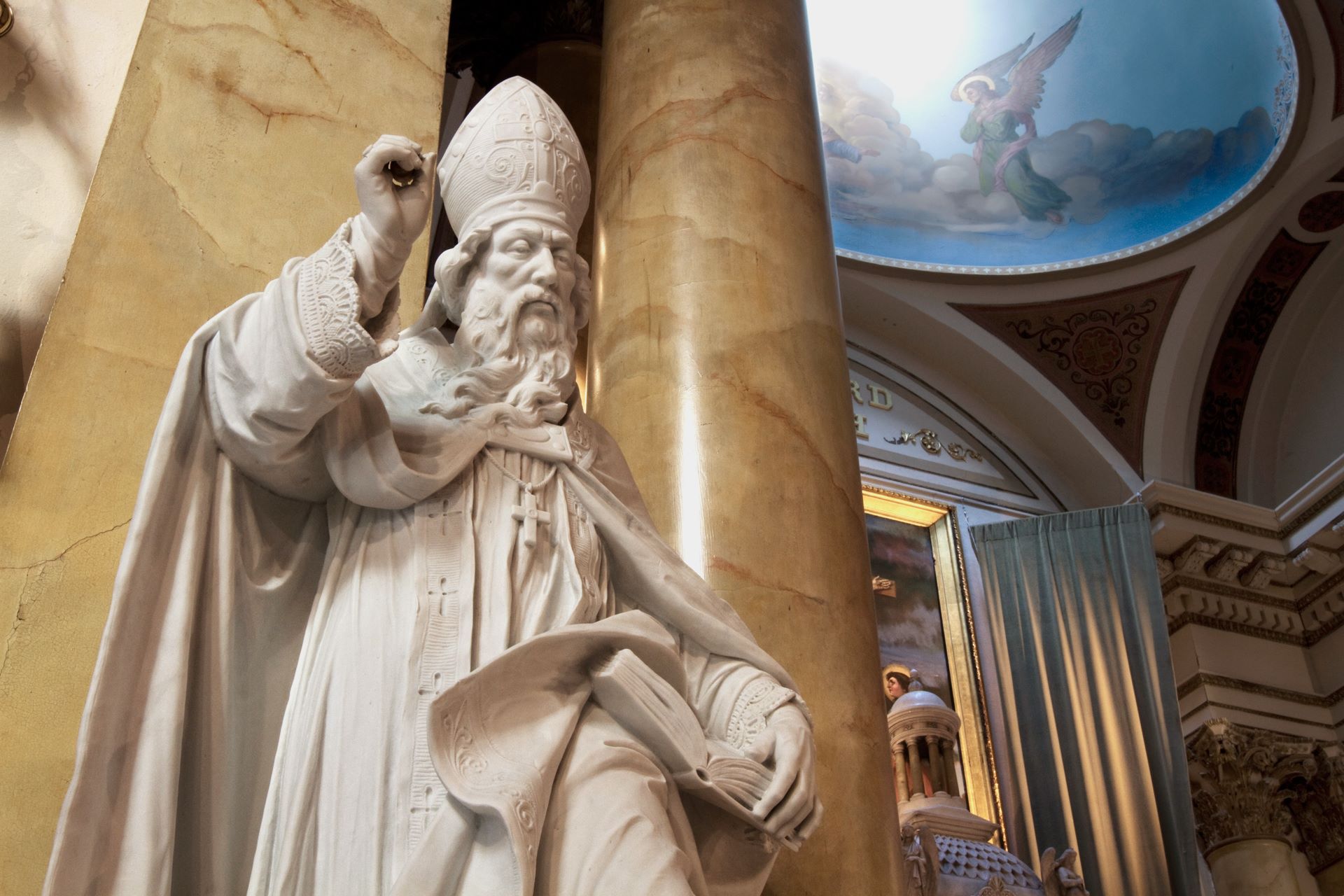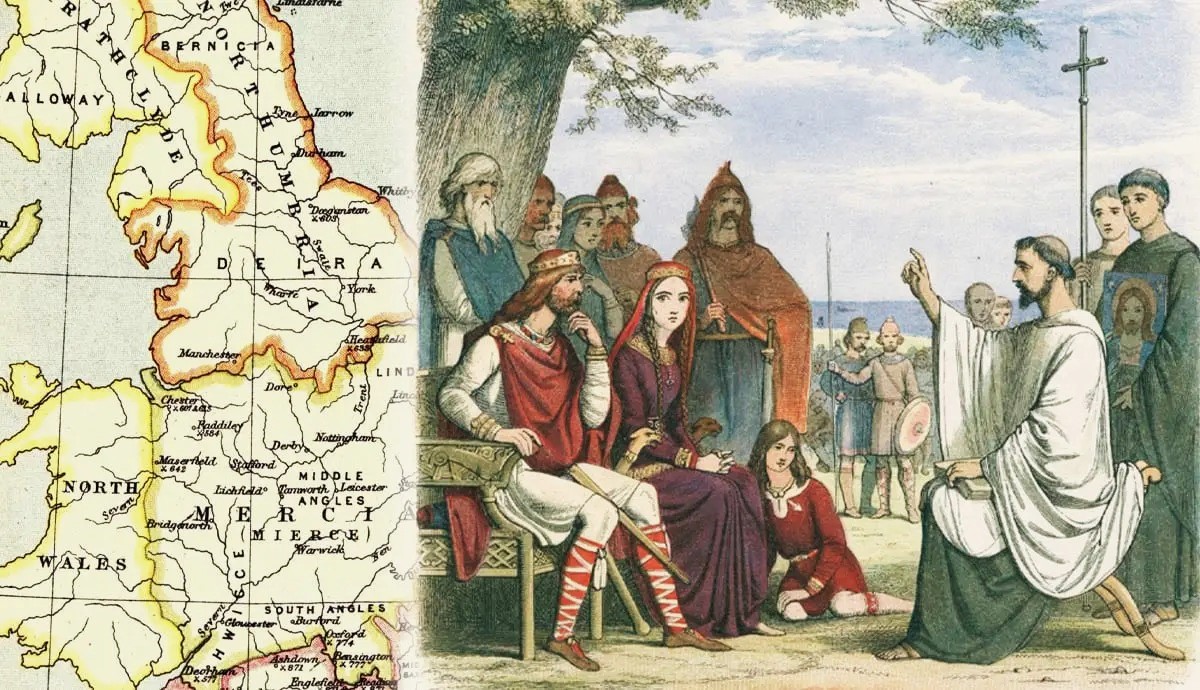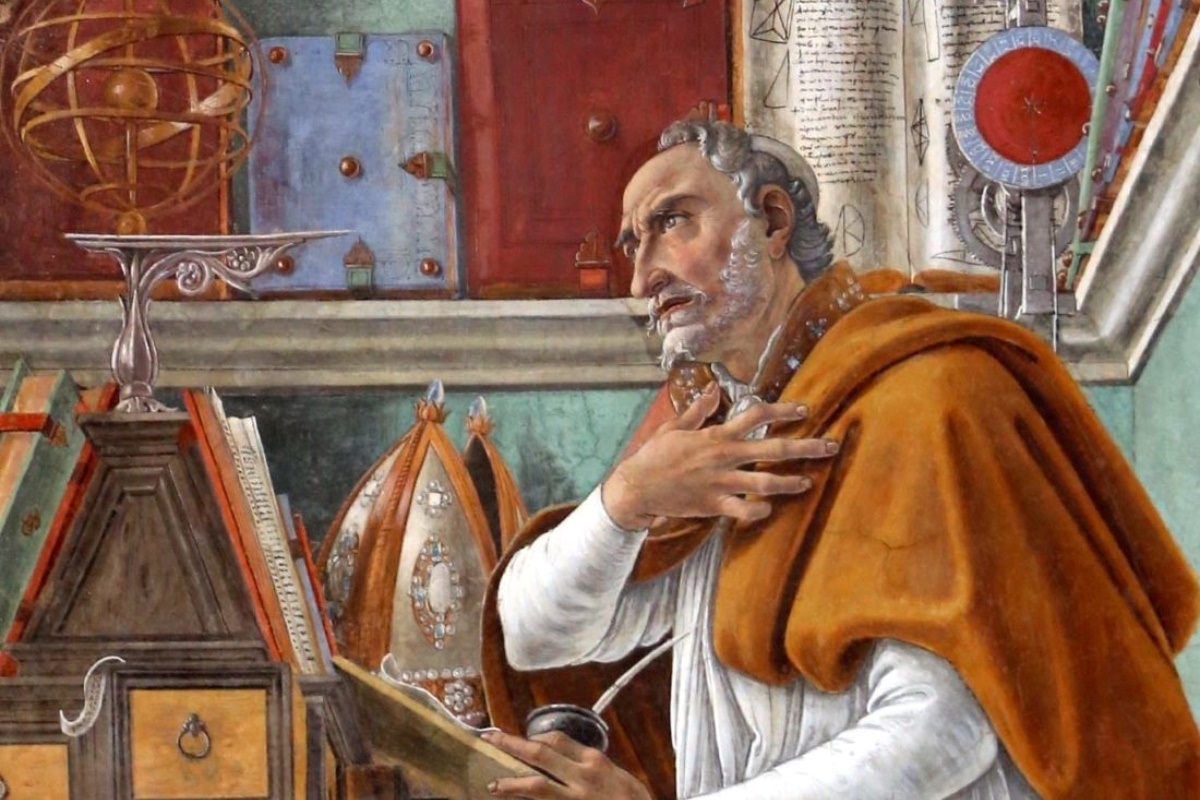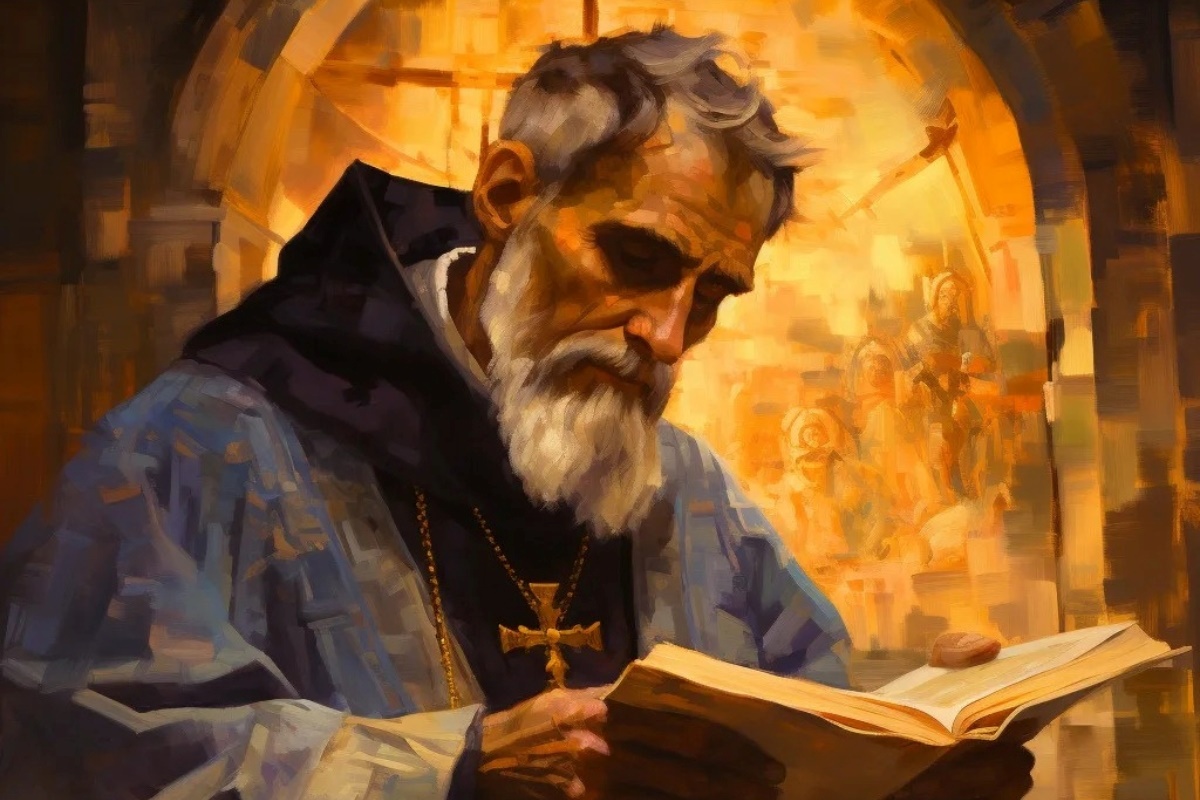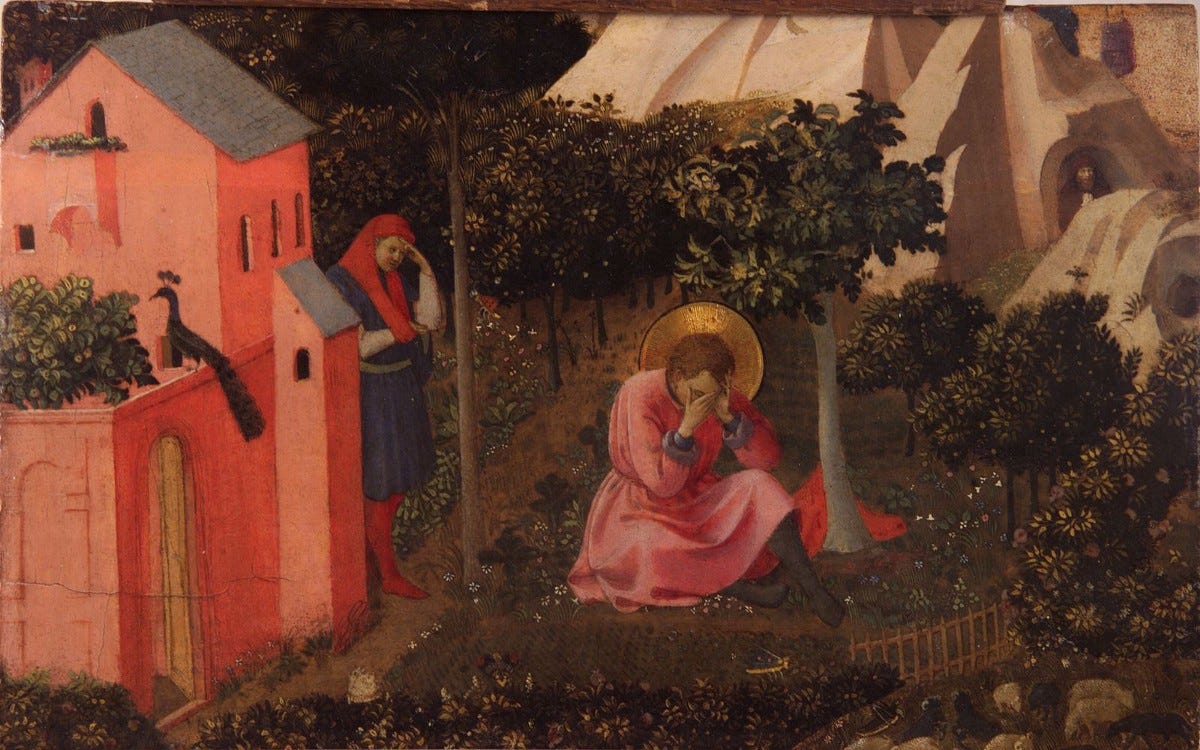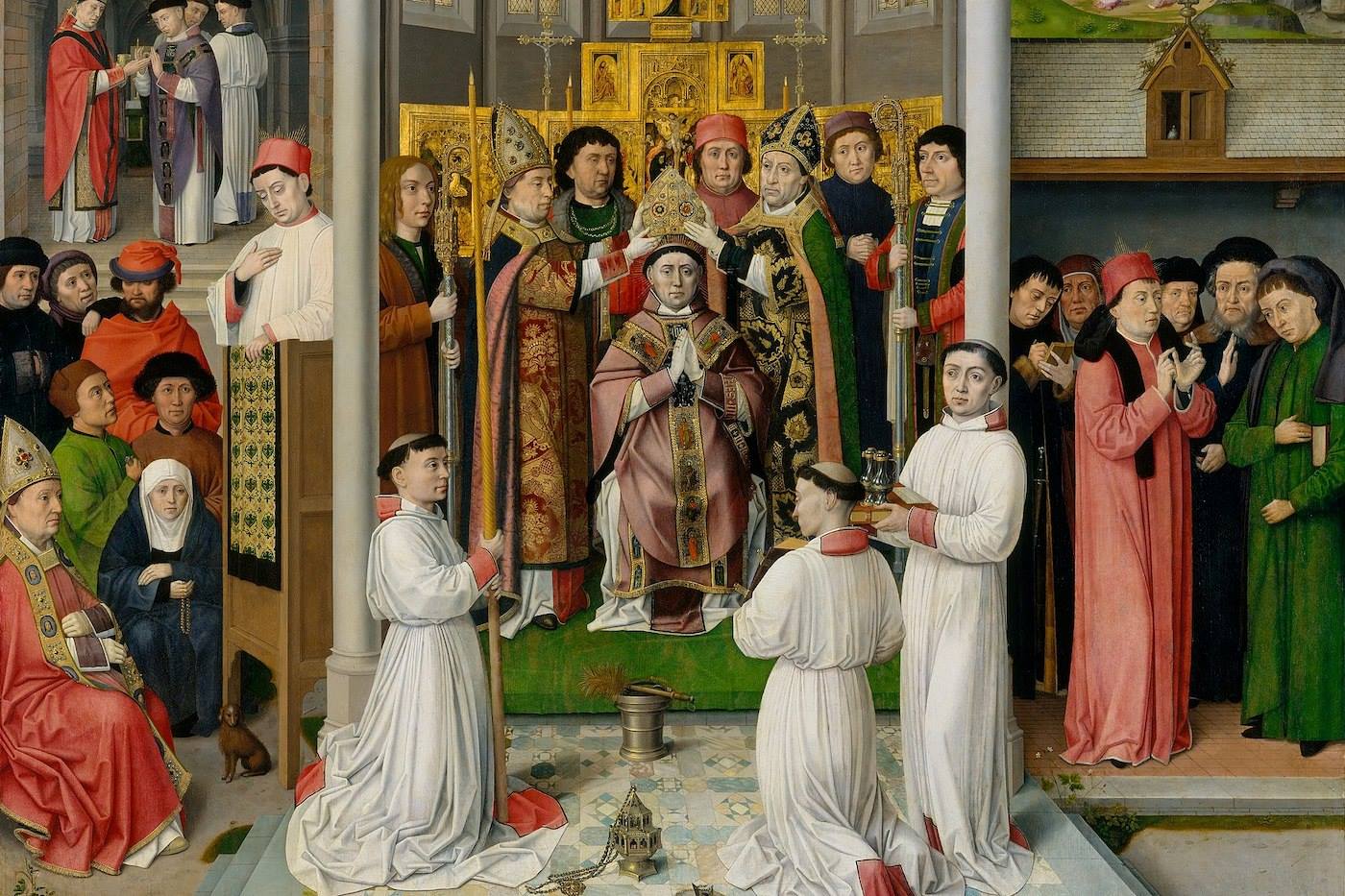Home>Theology and Spirituality>When Did Augustine Write
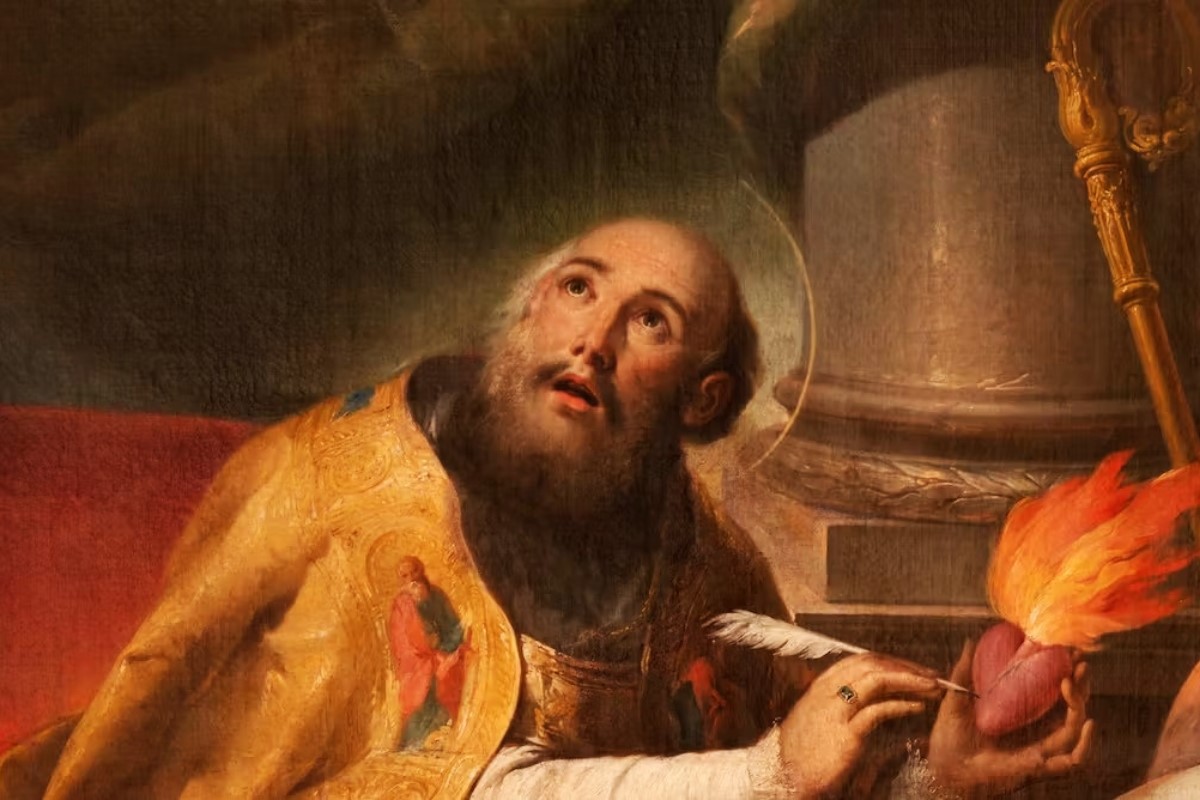

Theology and Spirituality
When Did Augustine Write
Published: February 10, 2024
Jason DeRose, Managing Editor at Christian.net, uses his expertise in religion and journalism to deepen understanding of faith's societal impacts. His editorial leadership, coupled with a strong academic background, enriches the platform’s diverse content, earning him recognition in both journalism and religious circles.
Learn about the timeline of Augustine's theological writings and their impact on spirituality. Explore the significance of his works in shaping theology and spirituality.
(Many of the links in this article redirect to a specific reviewed product. Your purchase of these products through affiliate links helps to generate commission for Christian.net, at no extra cost. Learn more)
Introduction
Augustine of Hippo, also known as Saint Augustine, was a pivotal figure in the development of Christian theology and spirituality. His profound influence continues to resonate through the centuries, shaping the beliefs and practices of countless individuals. Born in 354 AD in the Roman province of Numidia, which is present-day Algeria, Augustine's impact on Western Christianity is immeasurable.
Throughout his life, Augustine grappled with profound questions about the nature of God, the human condition, and the pursuit of spiritual truth. His writings, which include philosophical treatises, theological works, and personal reflections, offer timeless insights into the complexities of faith and the human experience.
As we delve into the life and legacy of Augustine, we will explore the circumstances that shaped his journey, the enduring impact of his major works, and the profound influence he continues to exert on theological discourse and spiritual contemplation. Join us on a captivating exploration of the life and writings of one of Christianity's most influential figures.
Early Life and Conversion
Augustine's early life was marked by a quest for knowledge and a restless pursuit of truth. Born to a pagan father, Patricius, and a devout Christian mother, Monica, Augustine was exposed to diverse religious influences from an early age. His mother's steadfast faith and fervent prayers would later become a source of inspiration and solace for Augustine as he navigated the complexities of his own spiritual journey.
As a young man, Augustine displayed a remarkable intellect and an insatiable thirst for wisdom. His pursuit of knowledge led him to Carthage, where he immersed himself in the study of rhetoric, philosophy, and literature. It was during this time that Augustine encountered the teachings of the Manichaean religion, which captivated him with its promise of a comprehensive understanding of good and evil. Drawn to the Manichaean belief in a cosmic struggle between light and darkness, Augustine embraced this worldview, seeking answers to the profound questions that weighed heavily on his restless soul.
However, Augustine's intellectual odyssey did not culminate in spiritual fulfillment. Despite his fervent adherence to Manichaeism, he grappled with a deep sense of spiritual longing and existential unease. His encounters with influential figures, such as the renowned orator Faustus of Mileve, further fueled his quest for truth but left him yearning for a more profound and satisfying understanding of the divine.
The turning point in Augustine's spiritual journey came with his encounter with the renowned bishop, Ambrose of Milan. Through their discussions and Ambrose's compelling sermons, Augustine was gradually drawn to the profound wisdom of Christian theology. The eloquence and depth of Ambrose's teachings, coupled with the unwavering faith of his mother, Monica, served as catalysts for Augustine's gradual embrace of Christianity.
Amidst internal turmoil and spiritual wrestling, Augustine experienced a profound conversion that would alter the course of his life. In the garden of his friend's house in Milan, he underwent a transformative encounter with God, culminating in a decisive surrender to the Christian faith. This pivotal moment marked the beginning of a new chapter in Augustine's life, as he embraced the teachings of Christianity and embarked on a path of profound spiritual awakening and theological exploration.
The journey of Augustine's early life and conversion stands as a testament to the enduring power of faith, the complexities of human longing, and the transformative impact of divine grace. It laid the foundation for his future endeavors as a theologian, philosopher, and spiritual guide, shaping the trajectory of his influential writings and enduring legacy.
Major Works
Augustine's literary legacy is a testament to his profound intellectual prowess and his unwavering commitment to exploring the depths of Christian theology and spirituality. His major works continue to exert a profound influence on theological discourse and spiritual contemplation, shaping the beliefs and practices of generations of scholars, theologians, and devout individuals.
One of Augustine's most renowned works is "Confessions," a deeply introspective and autobiographical account of his spiritual journey. Written in the form of a prayerful dialogue with God, "Confessions" delves into Augustine's tumultuous youth, his intellectual pursuits, and his eventual conversion to Christianity. Through poignant reflections and profound insights, Augustine invites readers into the innermost recesses of his soul, offering a candid portrayal of his struggles, doubts, and ultimate surrender to the divine.
Another seminal work by Augustine is "The City of God," a monumental treatise that addresses fundamental questions about the nature of earthly existence and the eternal destiny of humanity. In this magnum opus, Augustine expounds on the contrasting realities of the earthly city, marked by temporal pursuits and transient ambitions, and the heavenly city, characterized by the pursuit of God's eternal kingdom. Through meticulous theological exposition and philosophical inquiry, Augustine grapples with the complexities of human society, the nature of evil, and the redemptive power of divine grace.
Additionally, Augustine's "On Christian Doctrine" stands as a foundational work in Christian hermeneutics and exegesis. This influential treatise explores the principles of scriptural interpretation, emphasizing the centrality of love in understanding and applying the teachings of the Bible. Augustine's nuanced approach to biblical interpretation continues to inform scholarly discussions and theological studies, serving as a guiding light for those seeking to delve into the depths of sacred scripture.
Furthermore, Augustine's prolific writings encompass a wide array of theological, philosophical, and pastoral treatises, including "The Enchiridion," "On the Trinity," and "On the Morals of the Catholic Church." Each work reflects Augustine's profound engagement with theological inquiry, ethical reflection, and pastoral guidance, offering enduring wisdom and spiritual nourishment to readers across the ages.
The enduring relevance of Augustine's major works lies in their profound exploration of the human condition, the complexities of faith, and the transformative power of divine grace. Through his writings, Augustine continues to beckon readers to ponder the timeless truths of Christian spirituality and the enduring relevance of his profound insights.
Later Life and Death
In the latter years of his life, Augustine's influence continued to reverberate across the Christian world, solidifying his legacy as one of the most influential figures in the history of theology and spirituality. Following his ordination as a priest in 391 AD, Augustine embarked on a tireless mission to shepherd and guide the faithful, imparting his profound wisdom and pastoral care to the burgeoning Christian community.
As the Bishop of Hippo, Augustine assumed a pivotal role in the ecclesiastical landscape, advocating for doctrinal clarity, pastoral diligence, and the spiritual nourishment of his flock. His sermons, letters, and pastoral exhortations bore the indelible mark of his profound theological acumen and compassionate pastoral heart, offering guidance and encouragement to those under his care.
Amidst his pastoral responsibilities, Augustine continued to engage in theological discourse and scholarly pursuits, producing a prolific body of writings that enriched the theological tapestry of the early Christian church. His enduring commitment to intellectual inquiry and theological exposition manifested in works such as "On the Trinity," wherein he delved into the profound mystery of the Triune God, and "The Retractions," a reflective examination of his earlier writings and theological positions.
In the waning years of his life, Augustine confronted the challenges of advancing age and declining health with characteristic resilience and unwavering faith. His enduring trust in the providence of God and his steadfast devotion to the pursuit of spiritual truth remained unwavering, serving as a source of inspiration to those who revered him as a spiritual luminary.
Augustine's earthly journey culminated in his peaceful passing on August 28, 430 AD, leaving behind a profound legacy that continues to shape the contours of Christian theology and spirituality. His enduring influence transcends the boundaries of time and space, beckoning subsequent generations to ponder the timeless truths he espoused and to embrace the transformative power of divine grace.
The life and death of Augustine stand as a testament to the enduring impact of a life wholly surrendered to the pursuit of God's truth and the relentless quest for spiritual understanding. His legacy endures as a beacon of wisdom and inspiration, inviting seekers of truth to embark on a profound journey of theological exploration and spiritual contemplation.
Conclusion
In conclusion, the life and writings of Augustine of Hippo stand as a testament to the enduring power of faith, the complexities of the human experience, and the transformative influence of divine grace. Augustine's journey from a restless seeker of truth to a revered theologian and spiritual luminary encapsulates the profound depths of the human soul's yearning for meaning and purpose. His seminal works, including "Confessions," "The City of God," and "On Christian Doctrine," continue to resonate with timeless wisdom, offering profound insights into the complexities of faith, the human condition, and the redemptive power of divine love.
Augustine's enduring legacy transcends the boundaries of time and space, beckoning generations of scholars, theologians, and spiritual seekers to engage with the profound truths he espoused. His unwavering commitment to the pursuit of theological inquiry, coupled with his compassionate pastoral care, exemplifies the harmonious fusion of intellectual rigor and spiritual devotion. Through his writings and pastoral endeavors, Augustine continues to inspire individuals to embark on a profound journey of spiritual introspection, theological exploration, and the pursuit of a deeper understanding of the divine.
As we reflect on the life and writings of Augustine, we are reminded of the timeless relevance of his profound insights and the enduring impact of his theological legacy. His unwavering faith, intellectual acumen, and compassionate spirit serve as guiding beacons for those navigating the complexities of faith and the pursuit of spiritual truth. Augustine's profound influence on Christian theology and spirituality endures as a testament to the transformative power of a life wholly surrendered to the pursuit of divine wisdom and the relentless quest for spiritual understanding.
In the tapestry of Christian history, Augustine of Hippo shines as a luminary whose brilliance continues to illuminate the path of theological inquiry and spiritual contemplation. His enduring legacy invites us to delve into the depths of faith, grapple with the complexities of the human condition, and embrace the transformative power of divine grace. Through his life and writings, Augustine beckons us to embark on a profound journey of spiritual awakening, theological exploration, and the relentless pursuit of a deeper communion with the divine.
